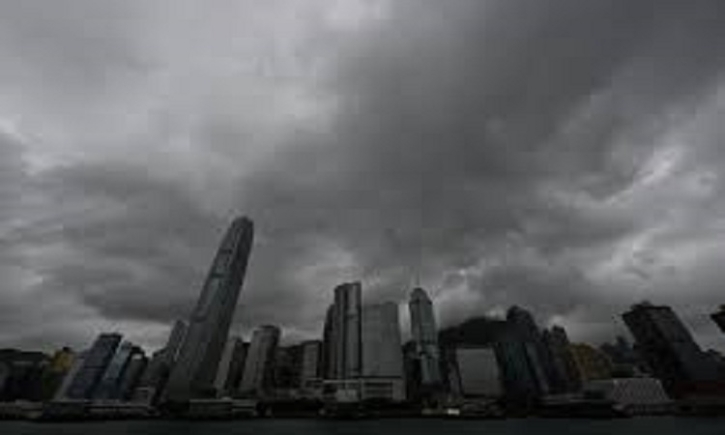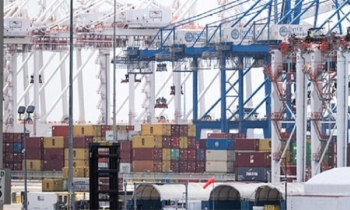Hong Kong bourse to keep trading through severe weather: Leader
BI Desk || BusinessInsider

Photo: Collected
Hong Kong's stock exchange will continue trading through typhoons and heavy storms from September, the city's leader announced Tuesday.
The bourse in the international finance hub typically suspends trading when a strong typhoon signal or "black rainstorm warning" is hoisted, meaning several days are lost each year, reports BSS/AFP.
Southern China is accustomed to seeing seasonal typhoons in the latter half of the year, but climate change has made tropical storms more unpredictable while increasing their intensity.
On Tuesday, John Lee said that from September 23 investors can trade as usual "when the typhoon signal number eight or above is hoisted in Hong Kong, or even during a black rainstorm warning".
"Shenzhen and Shanghai are now trading in bad weather. There is no reason why Hong Kong, as an international financial centre, should not follow suit," he added.
"Non-stop trading in inclement weather can strengthen the competitiveness of the Hong Kong Exchange," he said, adding that the September timeframe would give the industry time to prepare.
Katerine Kou, chair of Hong Kong Securities Association, said discussion on the move had been ongoing for a year given the city's role as "a super connector between the Chinese market and the global market".
"I think Hong Kong as a whole, including the exchange, have been trying to score more points, and to enhance its global competitiveness," Kou told AFP. "This is definitely a score-winning move."
Last year, the city raised its highest T10 warning -- for Typhoon Saola -- for only the 16th time since World War II.
A week after Saola, Hong Kong was flooded by the heaviest rainfall in nearly 140 years, leaving its streets inundated and subway stations waterlogged.
According to a consultation paper from the city's bourse proposing trading continue through bad weather, the exchange was impacted by severe weather four times in 2023, "including three full-day market suspensions".
"During such trading suspensions, investors are unable to manage their portfolios and are exposed to potential market risks, especially in scenarios where the markets of their underlying positions are open," it said.
























